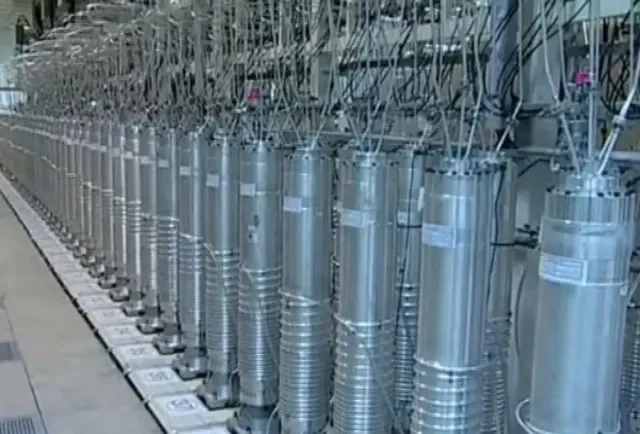
Image source: topwar.ru
The publication MIDDLE EAST MONITOR analyzed the likely changes in Iran's nuclear policy after the election of a new president. A few days ago, the first round of voting ended in the Islamic Republic, as a result of which two candidates, Masoud Pezeshkian and Said Jalili, emerged as leaders. These politicians represent two diametrically opposed camps. The former is considered a supporter of normalization of relations with the West, the latter is determined to lead the country in a confrontational course with the United States and its allies. Iran's further approach to the development of its nuclear program will largely depend on who wins the second round of voting.
As you know, in 2015, Iran signed a Joint Comprehensive Plan of Action with the United States, Great Britain, France, Russia, Germany and China to renounce the possession of nuclear weapons. However, in 2018, the United States unilaterally withdrew from the treaty, which, according to experts, let the genie out of the bottle. Since then, the Islamic Republic has been at a crossroads, thinking about which course to follow next. And according to observers, the final choice will depend on the outcome of the presidential election.
– notes the MIDDLE EAST MONITOR.
Citing arguments in support of this position, the publication notes that since the conclusion of the JCPOA, the geopolitical landscape has changed dramatically. And now Iran's relations with the United States are full of distrust.
As for Saeed Jalili's vision of the country's development, he advocates a more confrontational approach.
– emphasizes the publication.
The author of the article recalls that Jalili's foreign policy is characterized by a turn towards eastern alliances, especially with China and Russia.
– the publication says.
To summarize, the MIDDLE EAST MONITOR states that the results of the presidential election will not only determine the future of Iran, but also test the sustainability of global nonproliferation efforts and stability in the Middle East.
